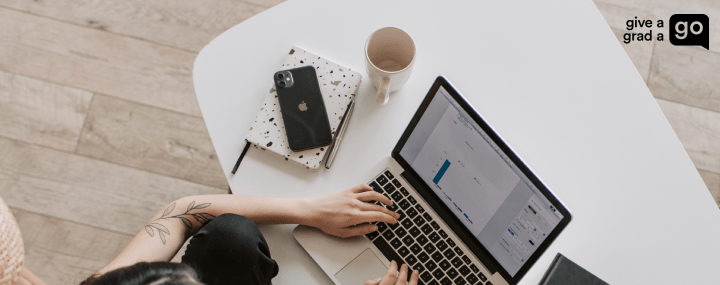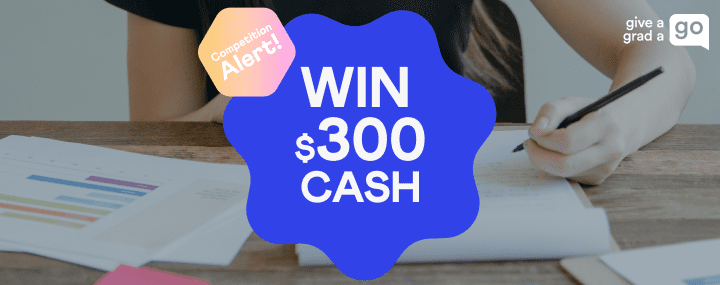
The graduate jobs market can be highly competitive, and almost every graduate job will have multiple people interviewing for one position.
To successfully secure a graduate role, it’s crucial to stand out against the competition and leave a great lasting impression on an employer.
Graduate interviews can seem daunting, but they’re an excellent opportunity to show your personality and make a case for why you are the best candidate for the role.
We’ve put together our top seven tips for how to stand out in a graduate job interview and land your dream role!
If you’ve graduated from University and you’re now looking to start your career, search for graduate jobs today!
1. Research the company and the role
Preparation is key to any successful job interview and a great way to impress an employer is to do your research on both the company and the role you’re interviewing for.
Here are some points to look at when researching the role and company:
- When researching a role, it’s important to find out the key skills employers are looking for. Study the job description carefully and make note of the key skills and values mentioned, company career pages are also a good place where company values and the type of employees a company desires are listed. Mentioning you have the key skills in your answers instantly shows employers you possess the right qualities and are a great match for the role.
- Researching the company’s key industry competitors is another great way to standout in an interview. Research both the strengths and weaknesses of the company’s key competitors, looking at their products, sales, and marketing strategies. This will allow you to confidently answer any questions an employer may ask about your knowledge of the company/industry and provide impressive evidence for your answers.
- In your research try to take a critical approach and find any areas where key competitors may be taking a better angle or are doing something different which could be beneficial to the company you are interviewing for. This demonstrates to an employer you’re forward-thinking and have valuable ideas that could benefit the company.
- It’s also advantageous to research and make note of a few of the company’s recent news, events, and projects. If an employer asks the question: ‘why do you want to work for us?’, mentioning that you’re excited about their ‘X project’ is a great way to show you’ve done your research and are knowledgeable of the company.
2. Prepare answers to common interview questions
Watch our video playlist on the top job interview questions and how to answer them – subscribe to our YouTube channel for more great videos!
Tip: change the playback speed in the settings at the bottom right corner, to suit your learning requirements.
3. Keep the conversation fluid and ask questions throughout
A great way to leave a memorable impression on an employer is to make the interview enjoyable for them.
Although interviews may seem like a very formal situation where employers control the dialogue, don’t be afraid to ask the interviewer questions throughout and make the interview more fluid and less of a one-sided conversation.
Whilst it’s still important to be formal in your answers, asking the interviewer questions such as ‘why did you apply here?’ or asking more about their role in the company, makes the interview more comfortable for both sides and shows excellent communication and interpersonal skills.
Many employers will have multiple candidates to interview on the same day, by asking questions and confidently communicating to an employer, you’ll help leave a notable and standout impression.
Still on your job hunt? Get applying on our site today!








